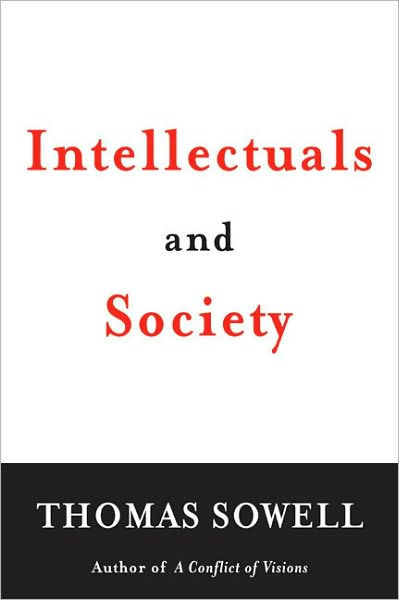Academic Arrogance
- Tamara Shrugged
- Jul 29, 2021
- 3 min read
Updated: May 7, 2024
“If no one has even one percent of the knowledge currently available, not counting the vast amounts of knowledge yet to be discovered, the imposition from the top-down of the notions in favor among elites, convinced of their own superior knowledge and virtue, is a formula for disaster.” – Intellectuals and Society
“Trust the science” has been used as a catchphrase to cajole the masses to one solution or another. Using handpicked experts, a prearranged narrative is advanced as the readymade answer to one societal problem or another. But experts come with every conceivable position. Anyone who has ever watched a courtroom drama knows that experts can be bought to support whatever point of view is needed. Indeed, many have.
Academia has existed for centuries as the pinnacle for intellectual output, as scholars ponder complex matters before whittling them down into simple pablum for the rank and file. As such, academics have been increasingly called upon to steer the development of everything from the structures of society to political policy. Unfortunately, too often their highbrow theories take a one-size-fits-all approach, exposing a lack of familiarity for the individuals most likely to be affected by their mistaken ideas.
In fact, most intellectuals begin their careers as professors immediately following graduate school with little to no experience outside of the university. After attempting to social engineer policy from the top down, their ignorance of information on the ground creates significant errors. Then, once the damage is done, intellectuals suffer little to no consequences for their often catastrophic miscalculations. Nothing has led to a greater incremental loss of freedom than this continuing cycle of intellectual malpractice.
In Thomas Sowell’s 2009 book, “Intellectuals and Society”, Sowell reveals how intellectual knowledge held by a small number of academics is less consequential to society than the mundane, first-hand knowledge held by the majority. Yet, despite this critical gap, public intellectuals are becoming even more influential and dangerous, as they increasingly speak out, not only on matters related to their specialty but also on issues outside their areas of expertise, believing that knowledge in one area, makes them experts over everything.
Having been repeatedly puffed up to believe their own self-importance, intellectuals have a particular disdain for the marketplace that operates independently from their reach. Without their input or their permission, ordinary tradesmen have become successful by creating products and services that people want and need. Then with the aid of private property rights, decision-making is left to the business owners, placing destiny in their own hands.
Intellectuals also rue restraints from the preestablished “rule of law” that has already determined the rules of the game, thus preventing their intervention and corrections. Intent on removing merit from the equation, intellectuals have no interest in understanding why some have achieved success when others haven’t. Instead, they have created grievance models to stir up resentment and envy towards anyone who has.
One of the most dangerous areas of intellectual error is from lack of empiricism. The only check that most intellectuals have on their utopian theories is from their peers, who all, unfortunately, occupy the same hive mind. Thus, there is rarely any form of testing, or after-the-fact debriefing to assess results. Sowell, an intellectual himself, avoided this trap by making analysis a priority in his research and his career. Understanding the folly of academic arrogance, Sowell once said “The road to hell is paved with Ivy League degrees”.
An early betrayer of intellectual arrogance was economist Friedrich Hayek who, in the late 80s, published a book, “The Fatal Conceit”, describing the knowledge problem among socialists who wished to micro-manage the economy. The results were those with the least knowledge, making life-altering decisions for those with the most. In an economy, there are various demands to be considered, like applying proper pricing to conserve resources, while recognizing the changing wants and needs of the public. Socialists, however, lack the knowledge on the ground to know what to produce and in what volumes. It is impossible to have a successful economy without considering the dispersed knowledge held by millions of individuals throughout society.
There is certainly a place for intellectuals in society. It is likely in the halls of academia, educating young scholars in their limited areas of expertise. But until academics themselves get the memo, beware of their foolish influence.







Comments